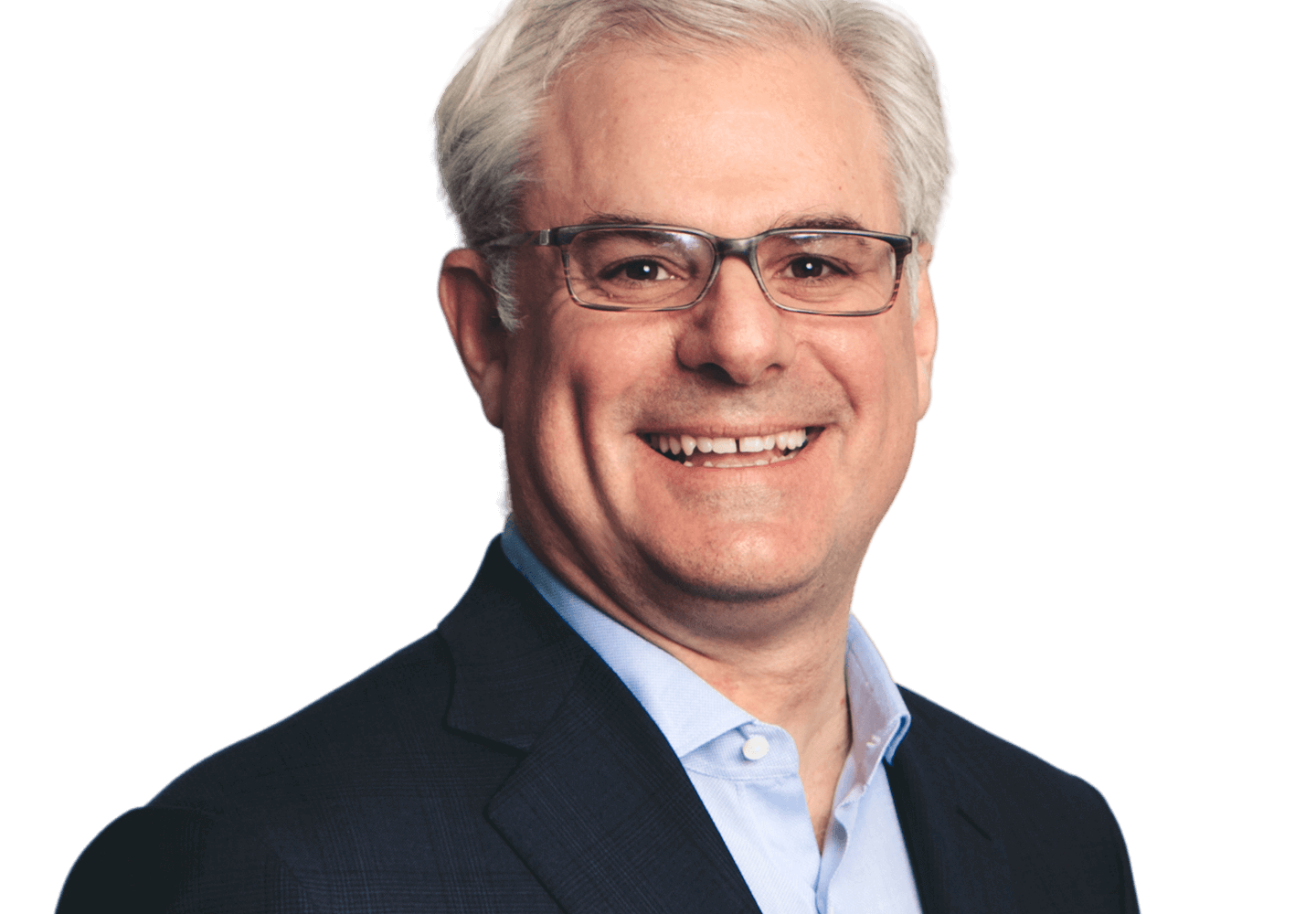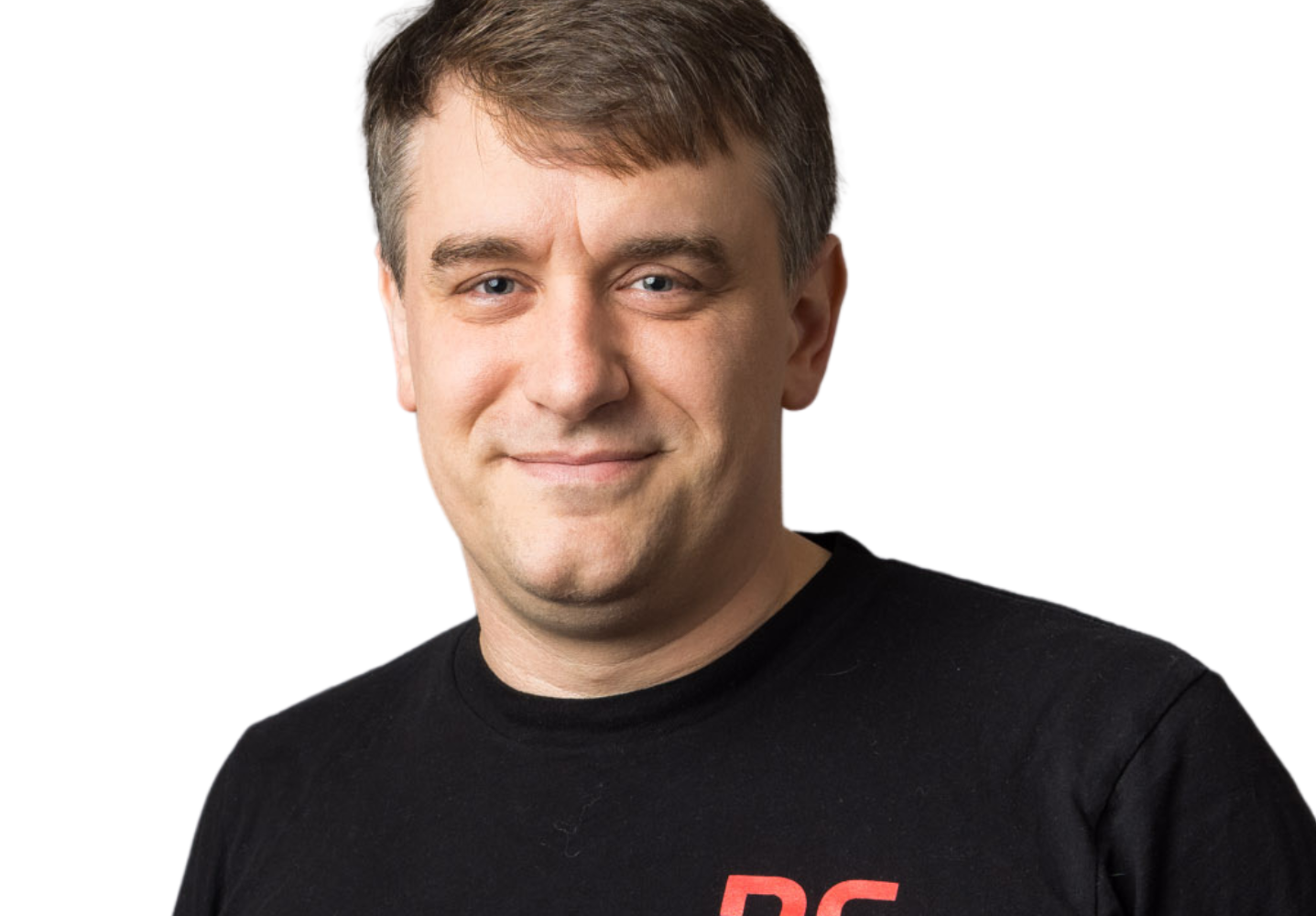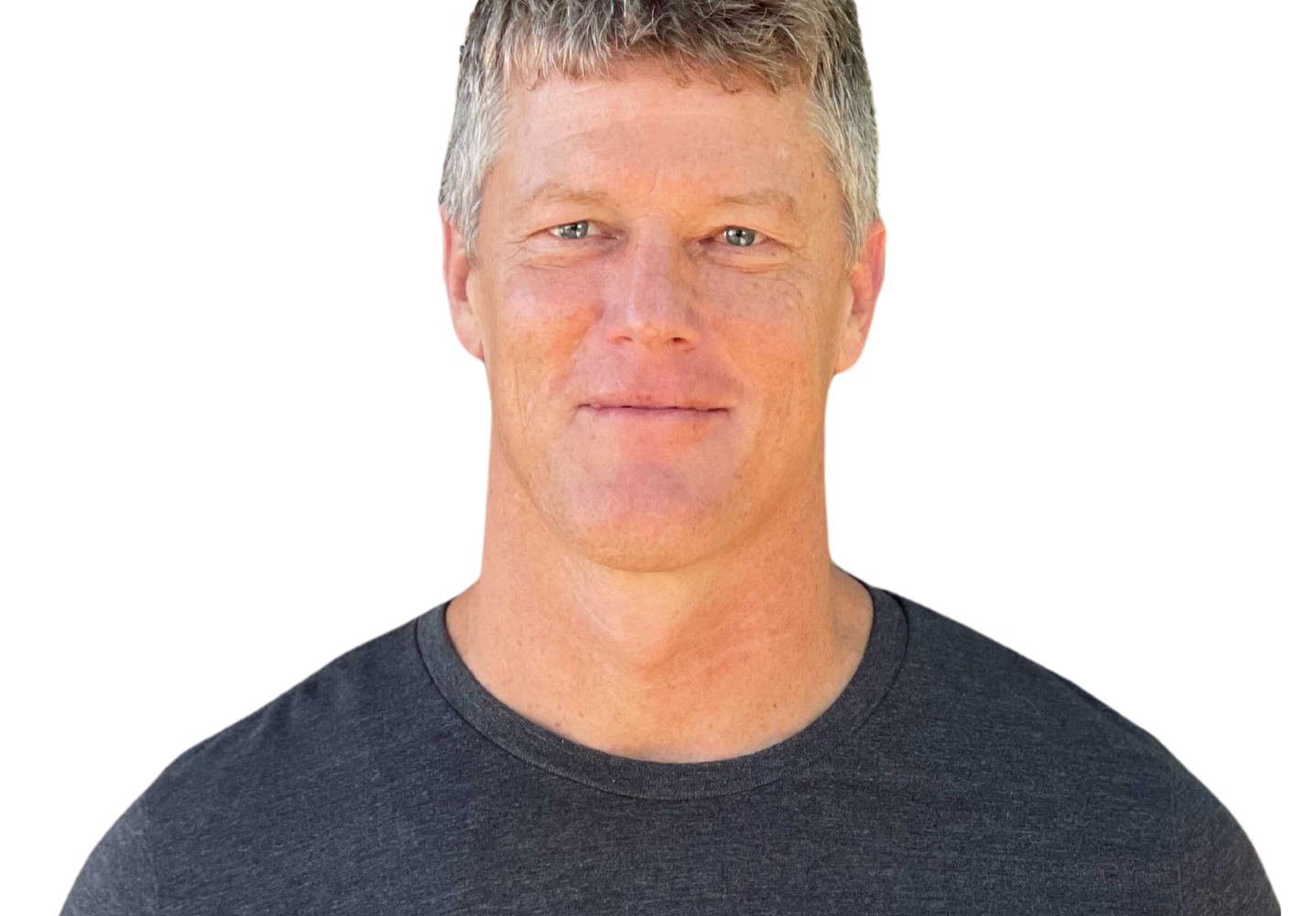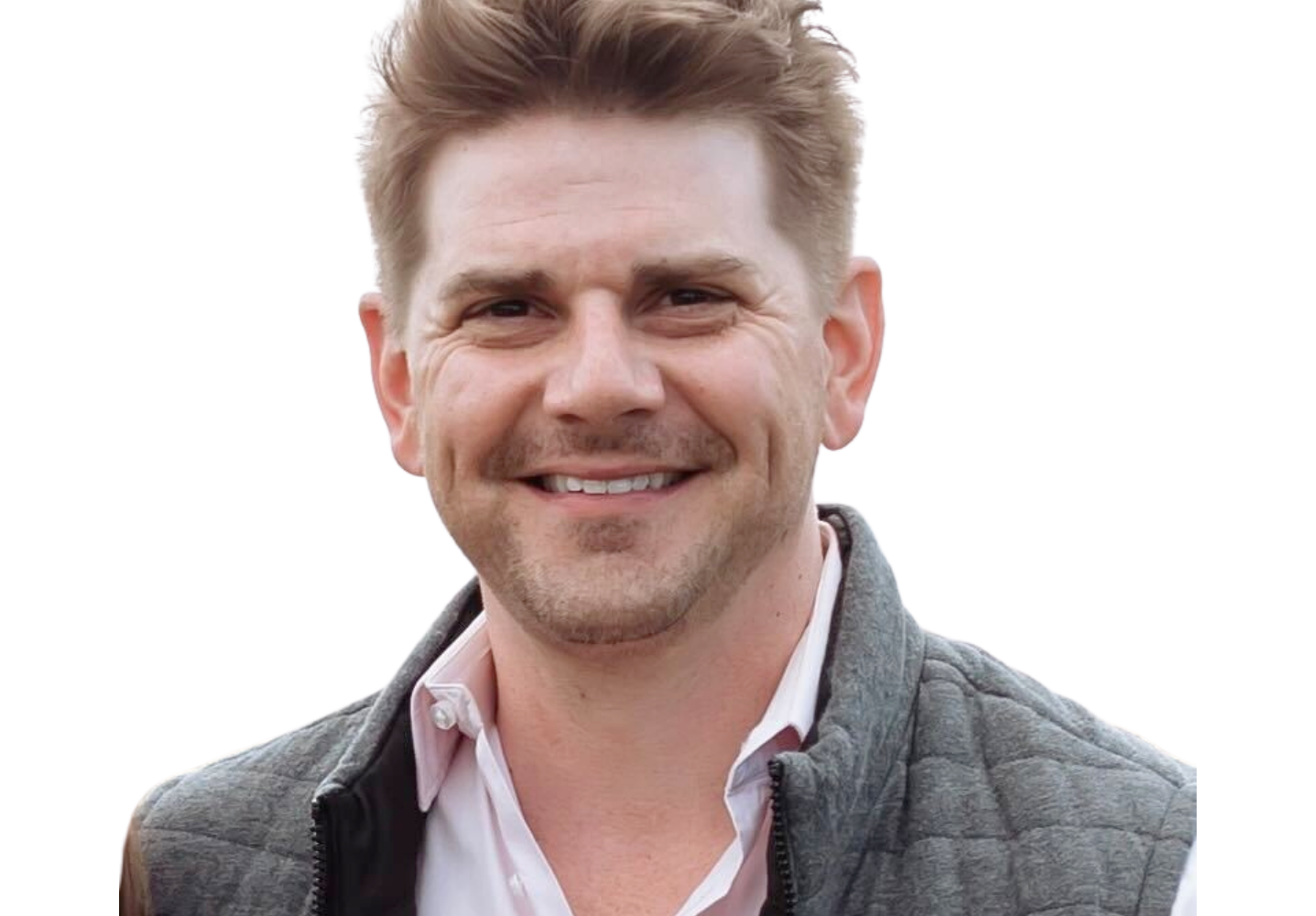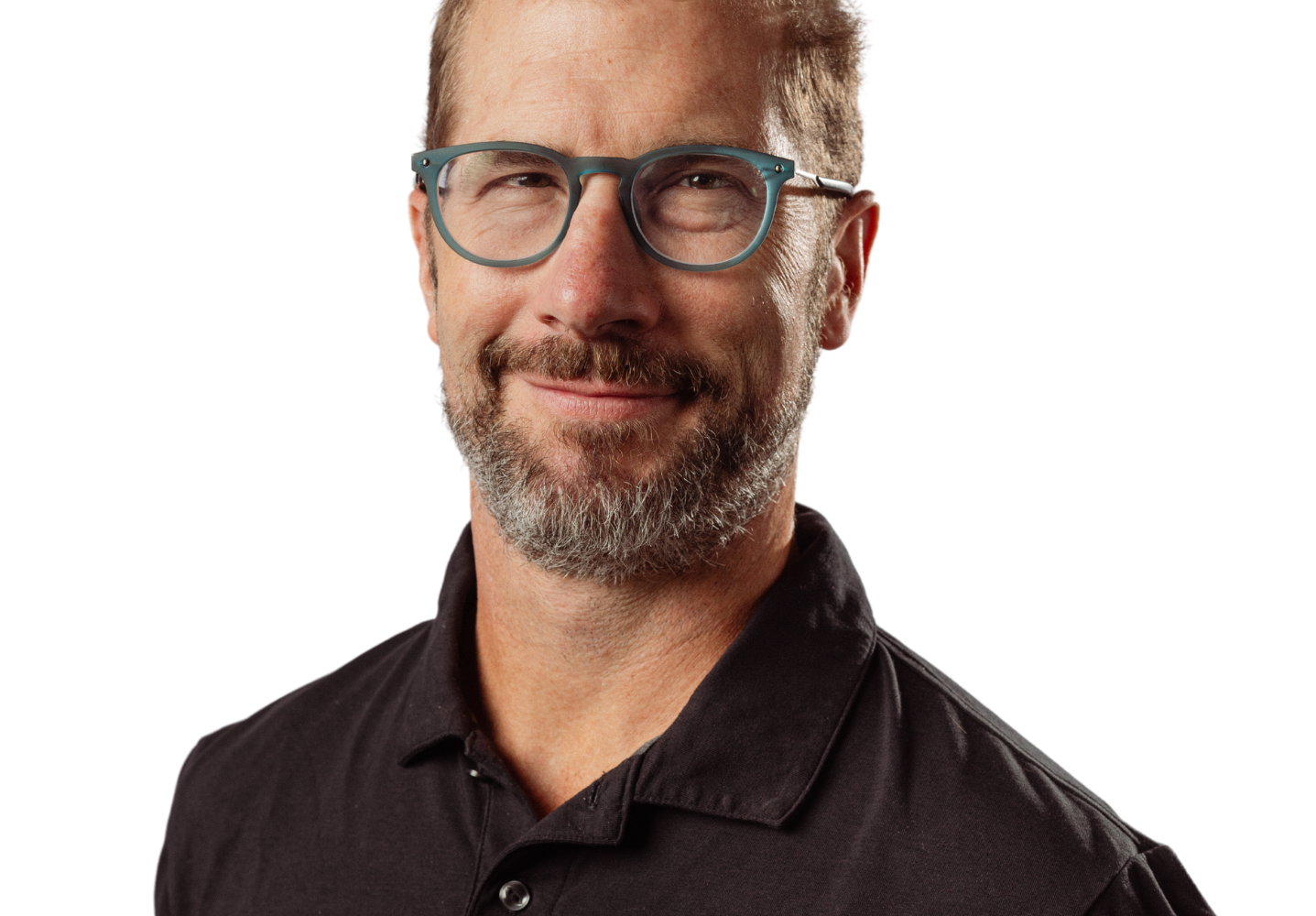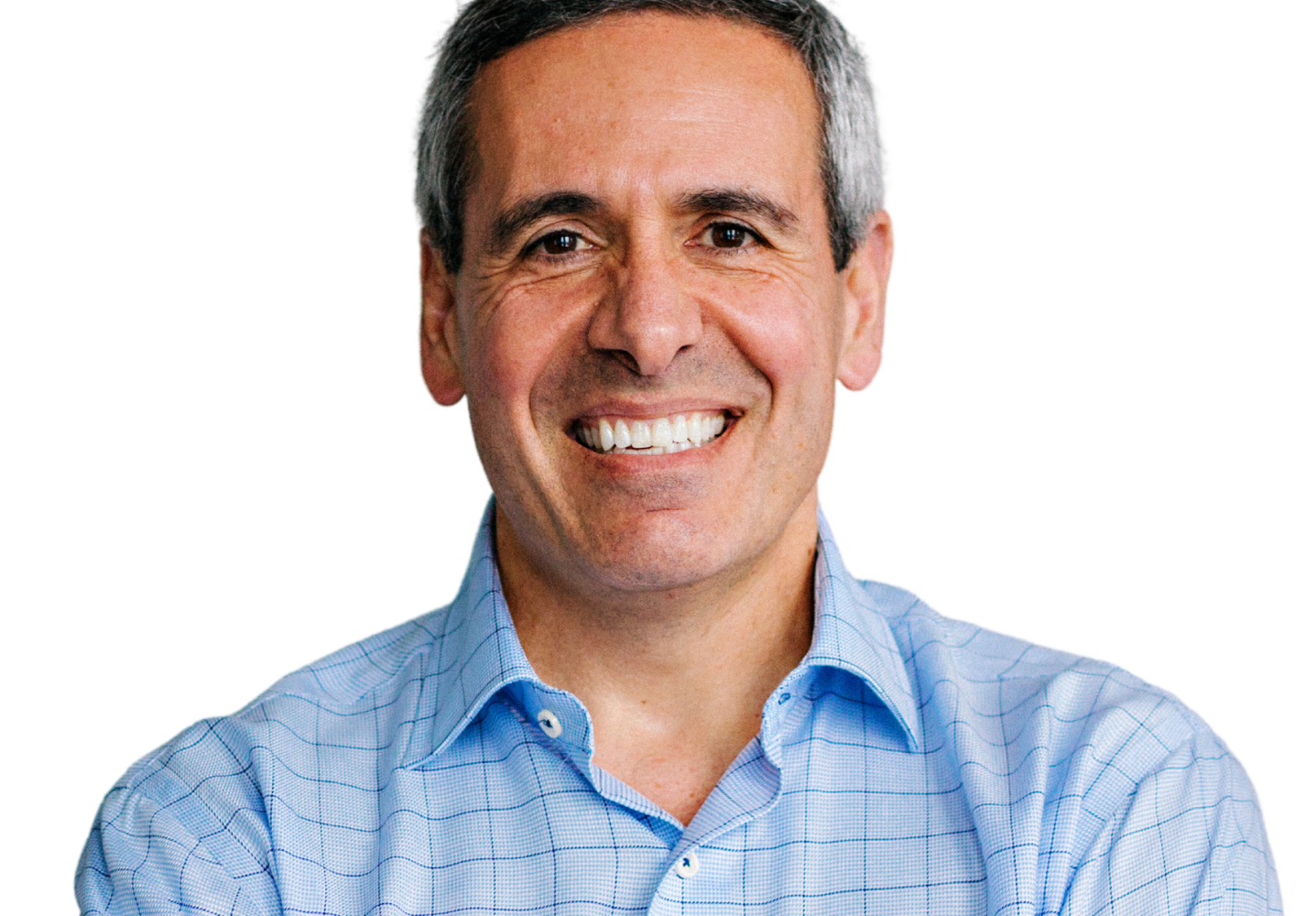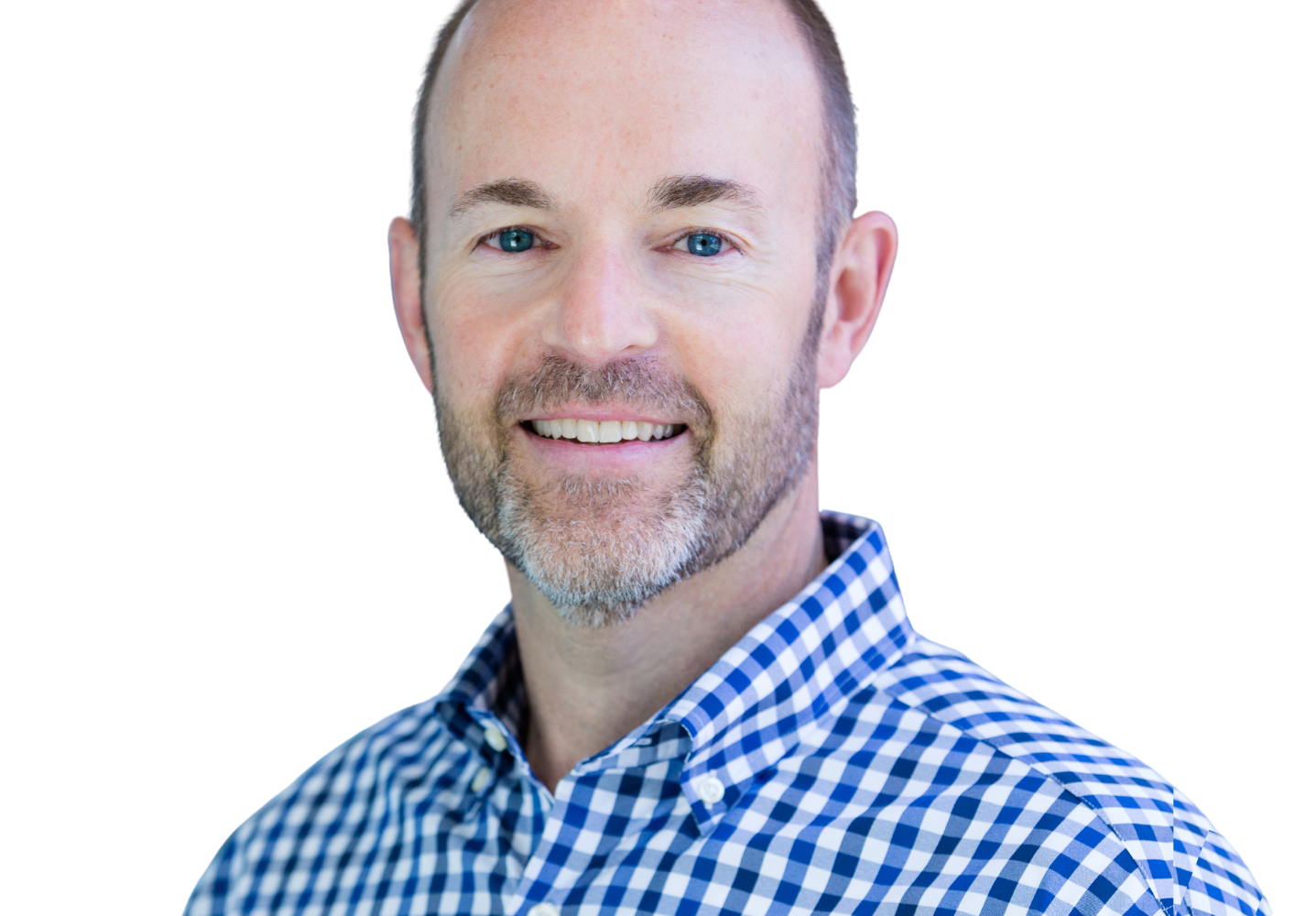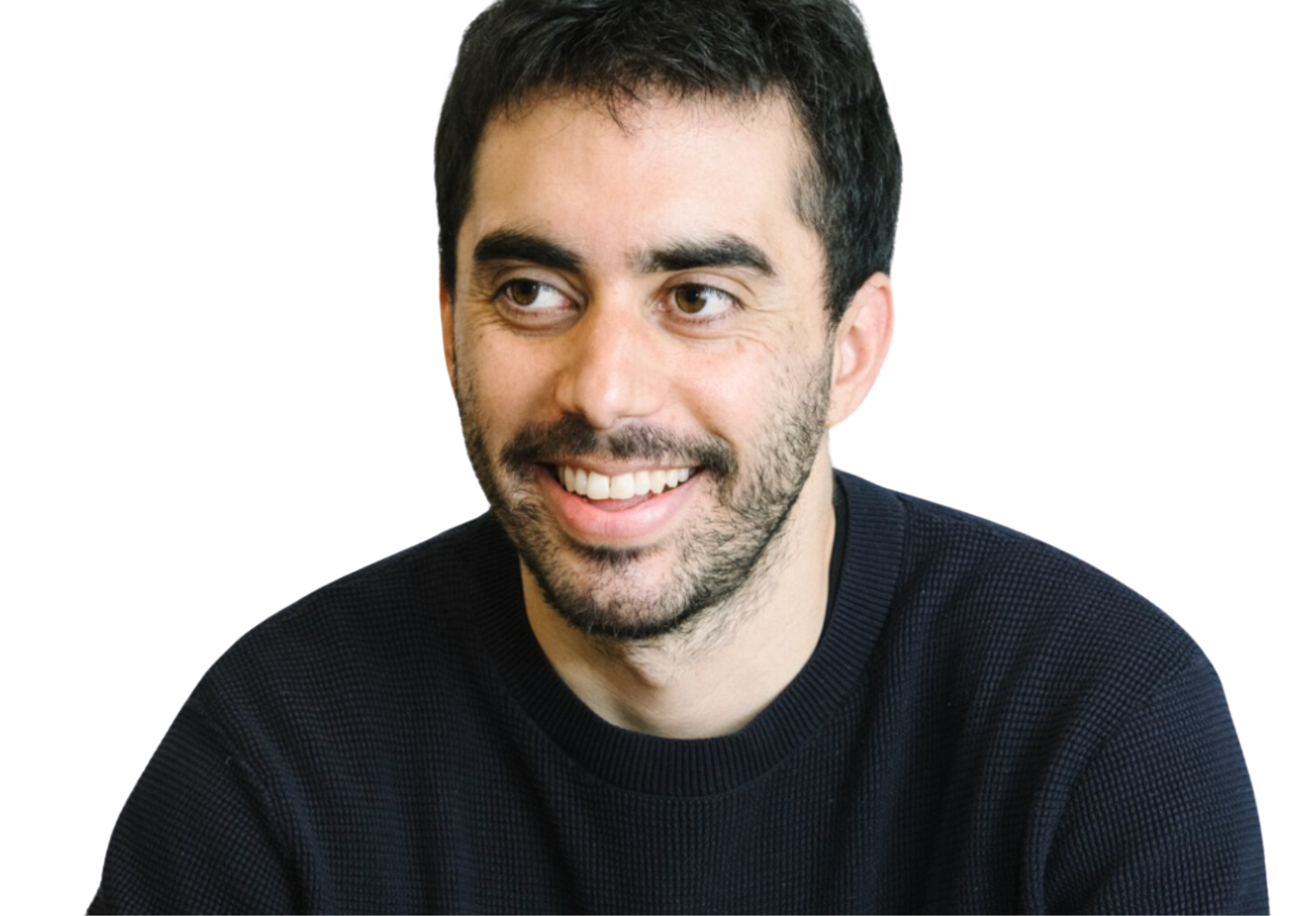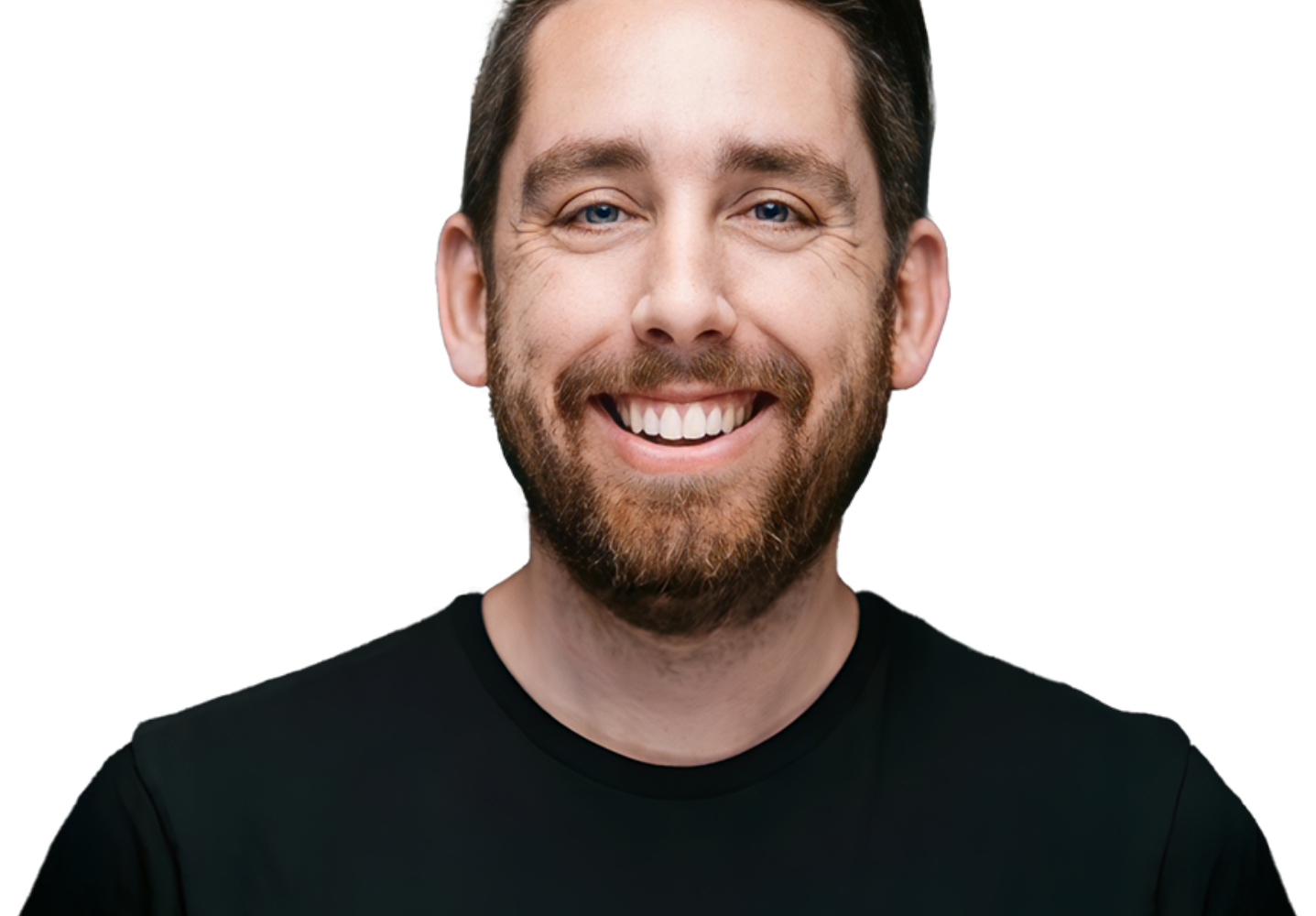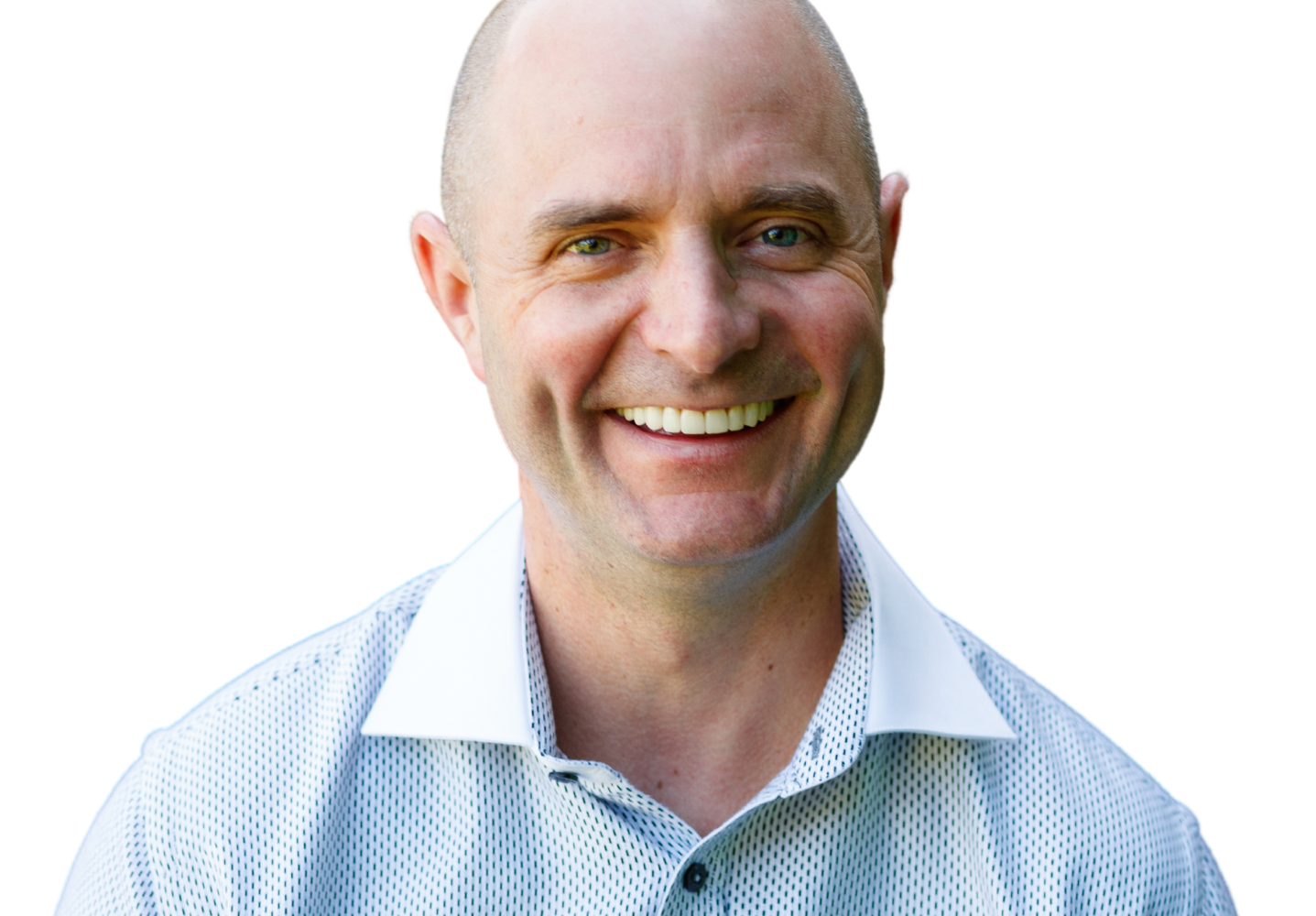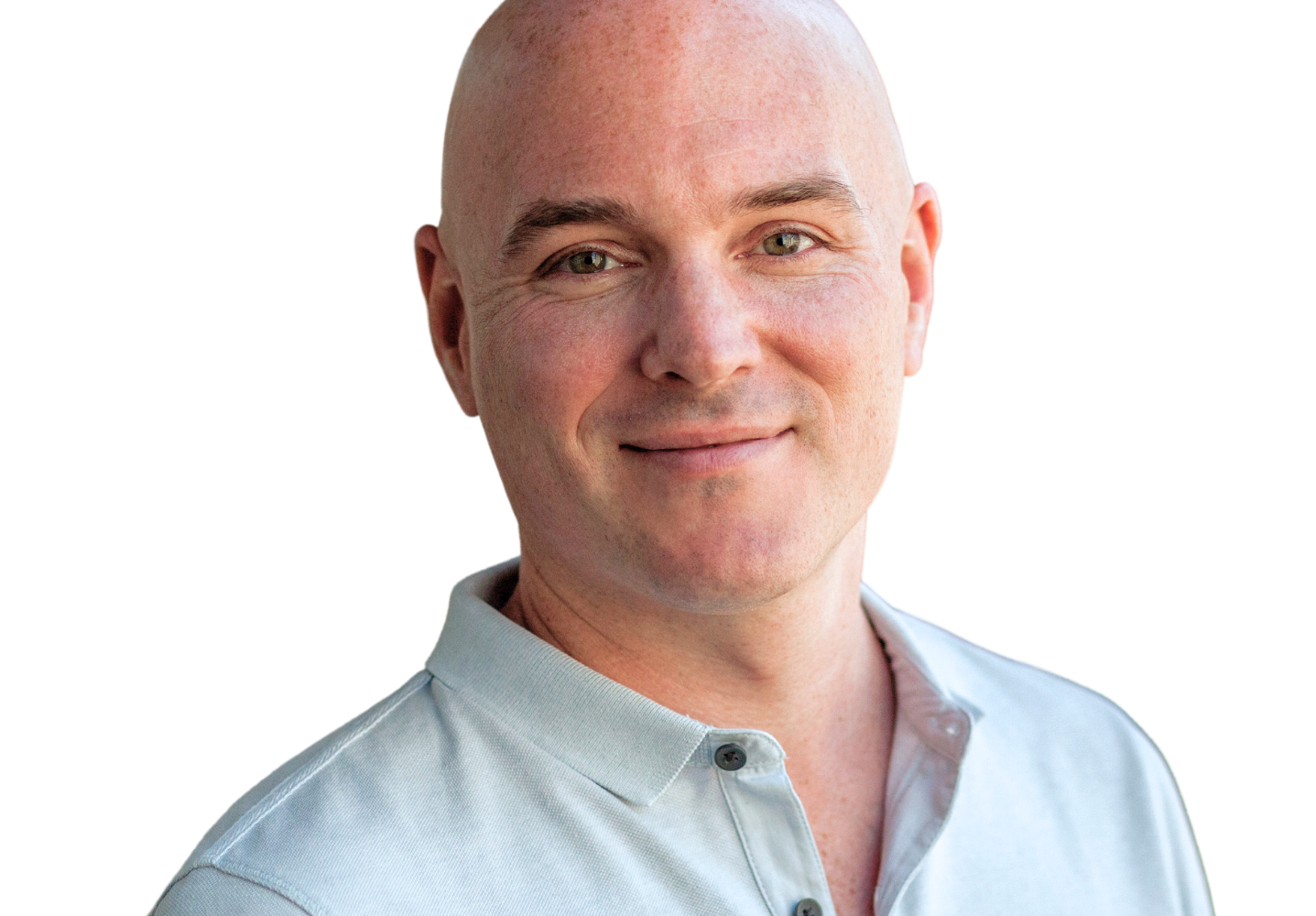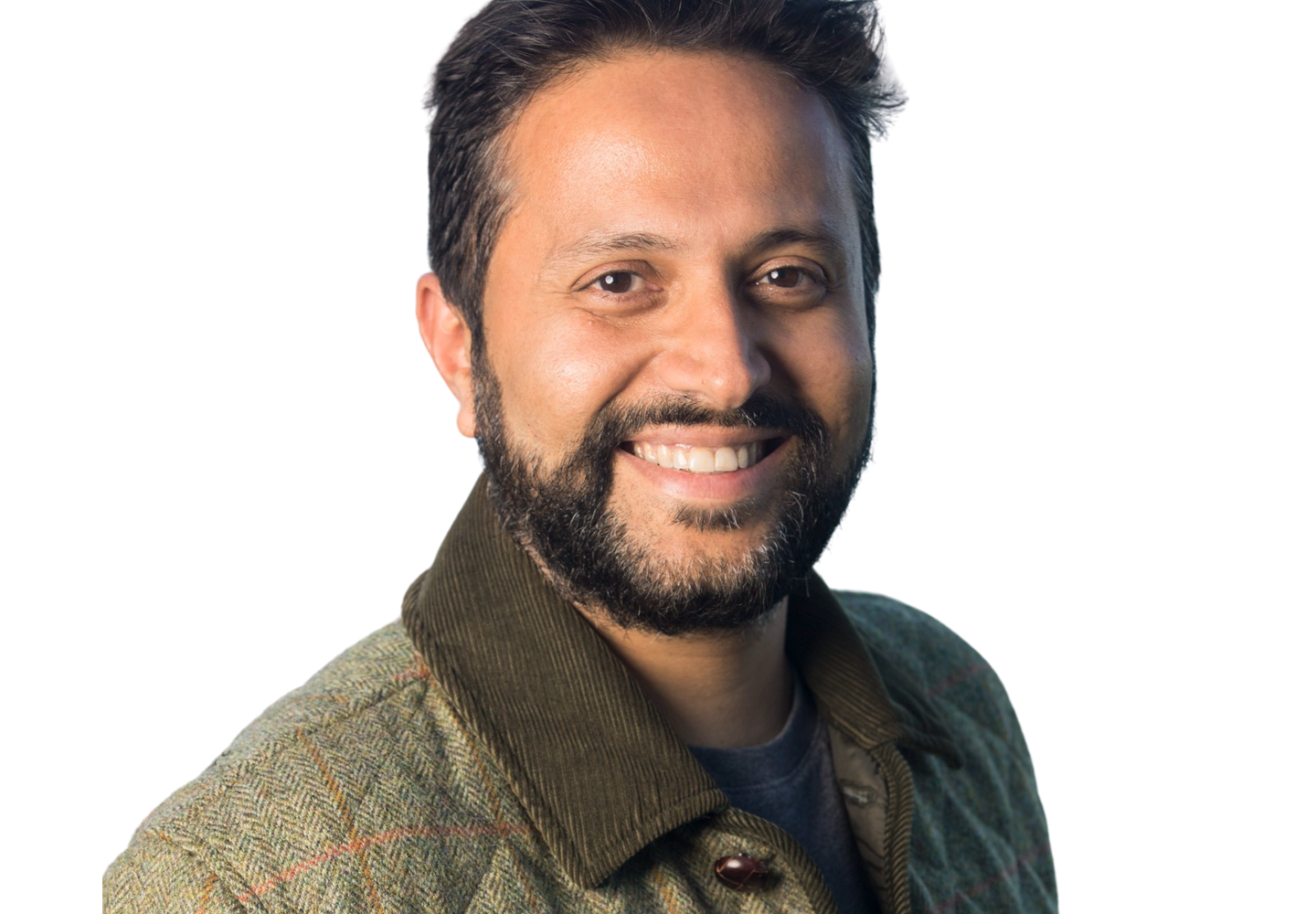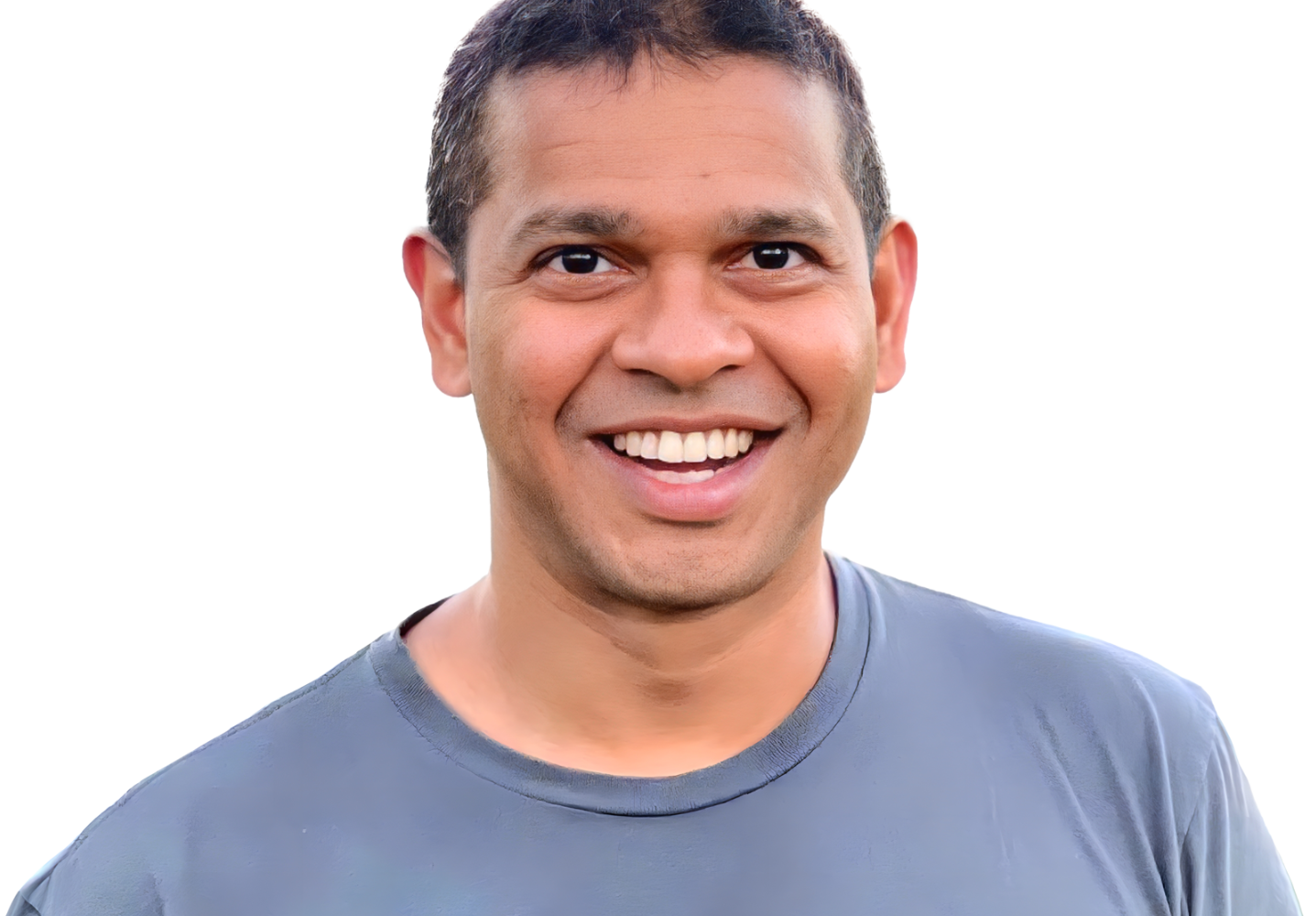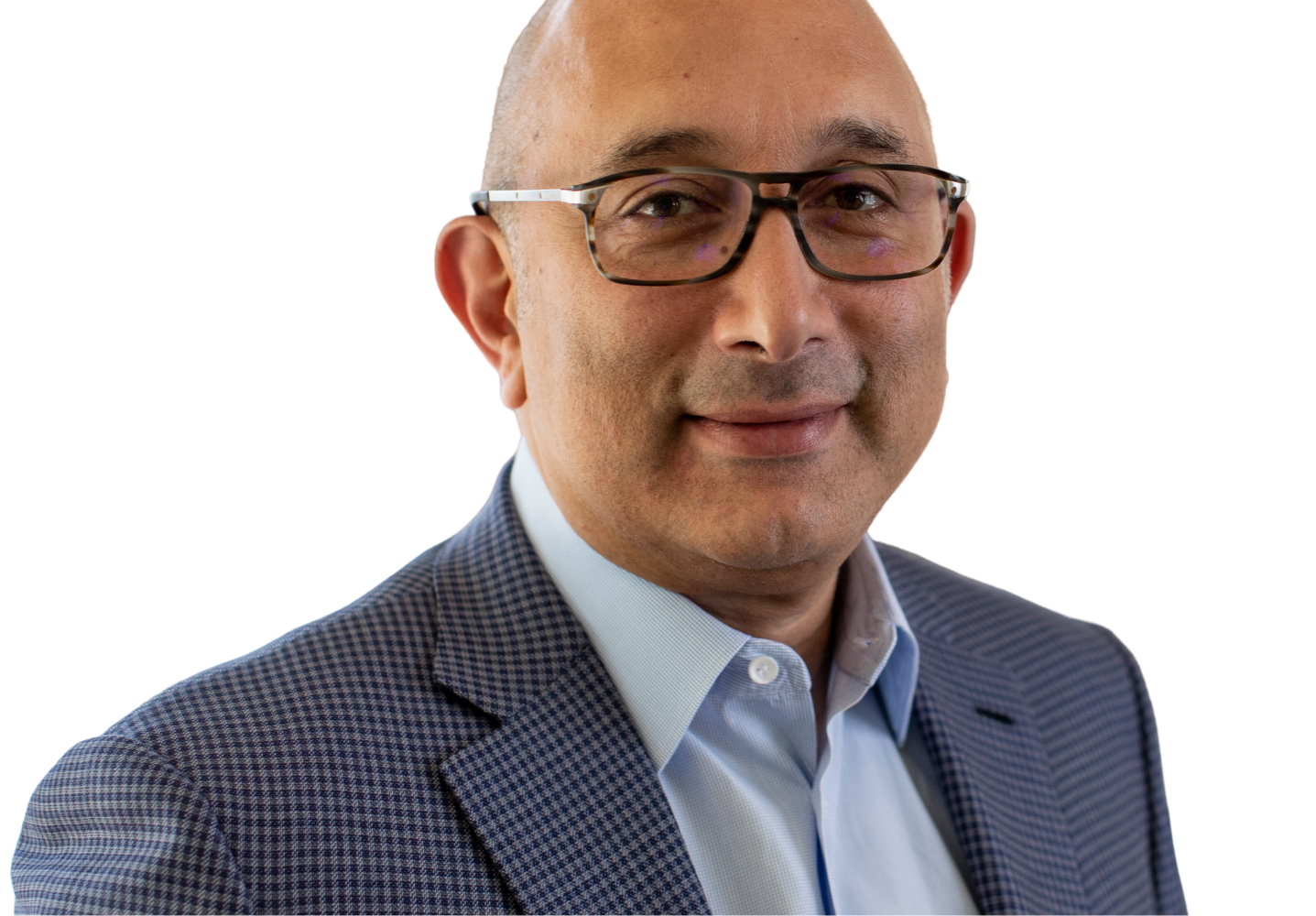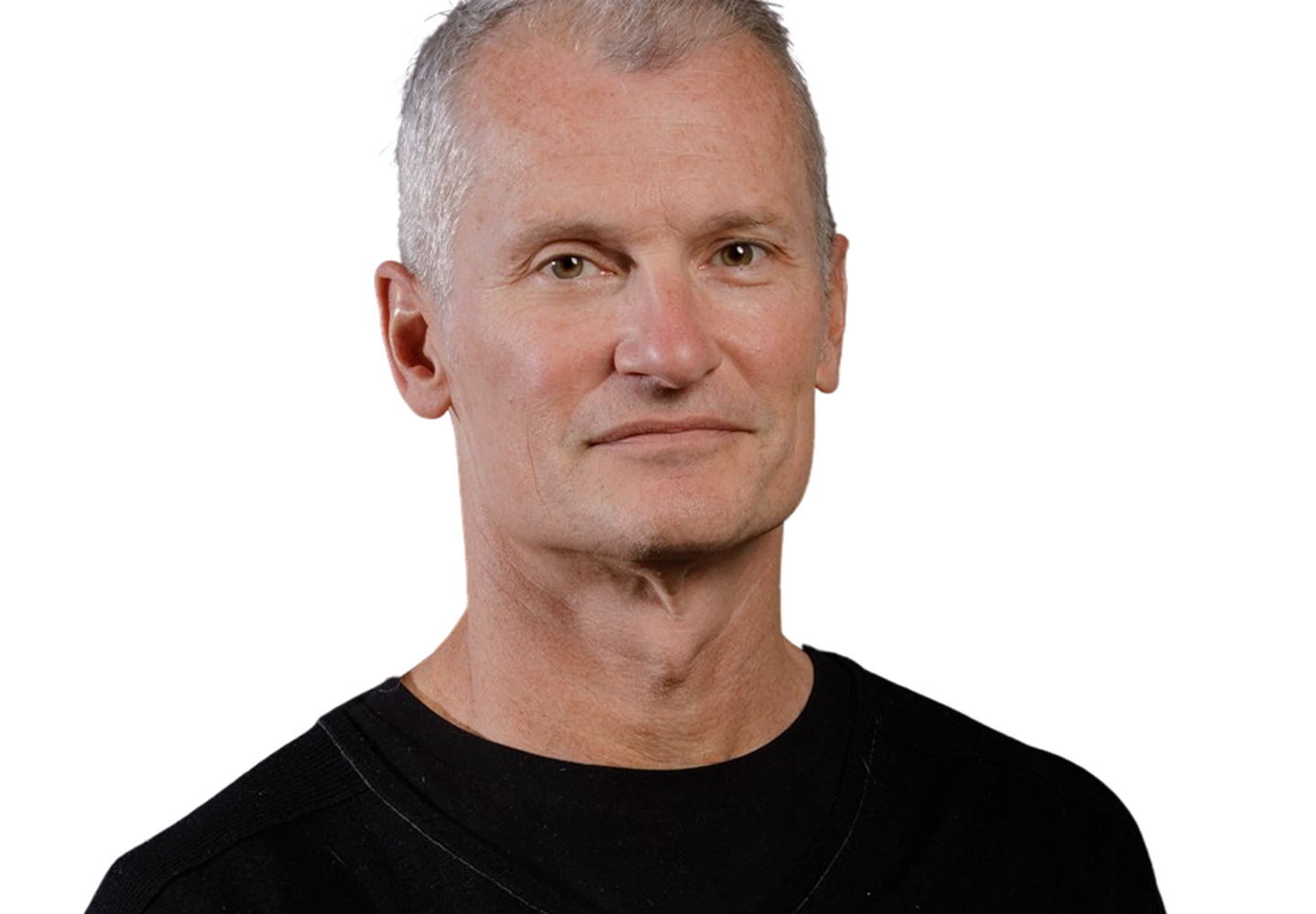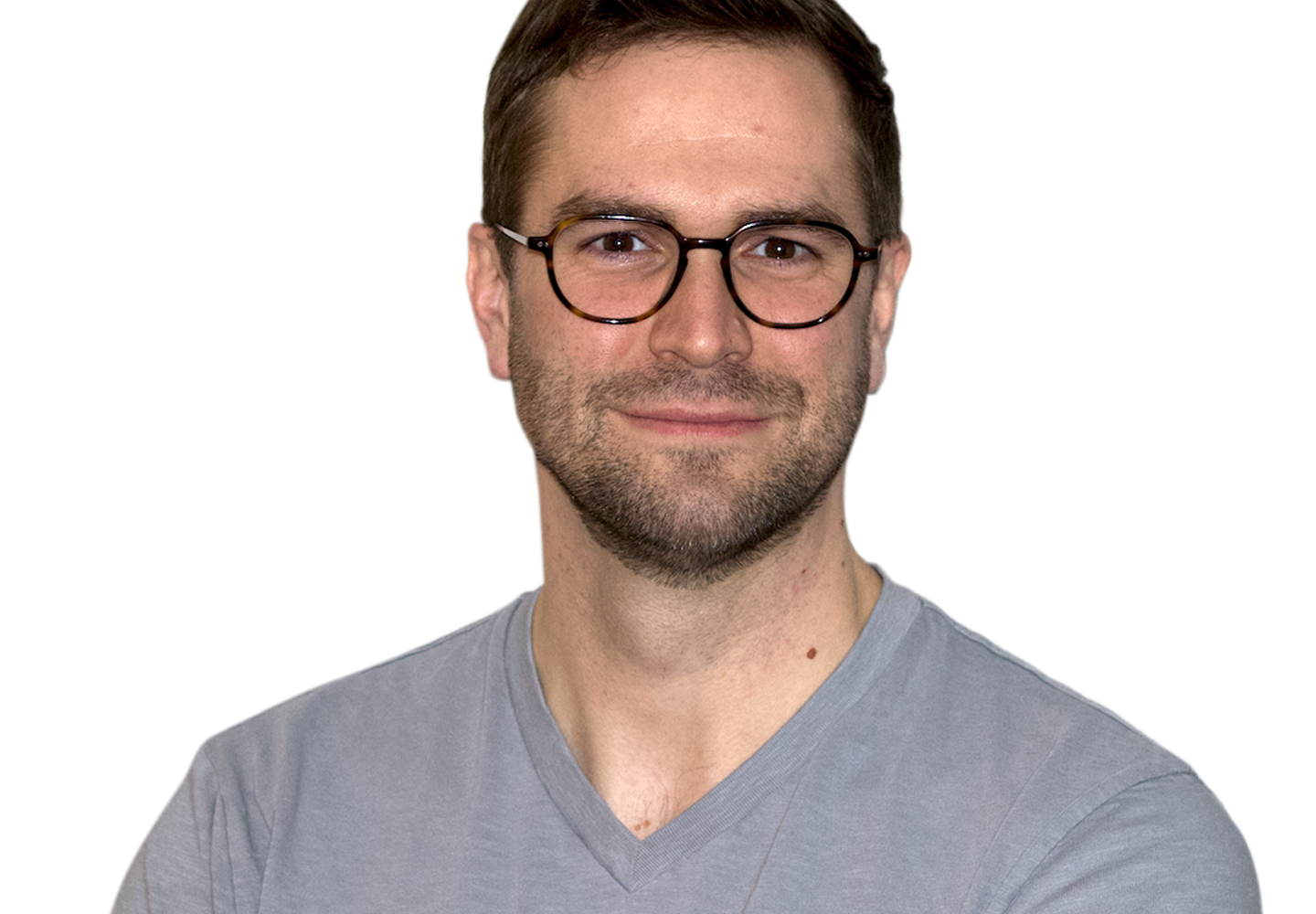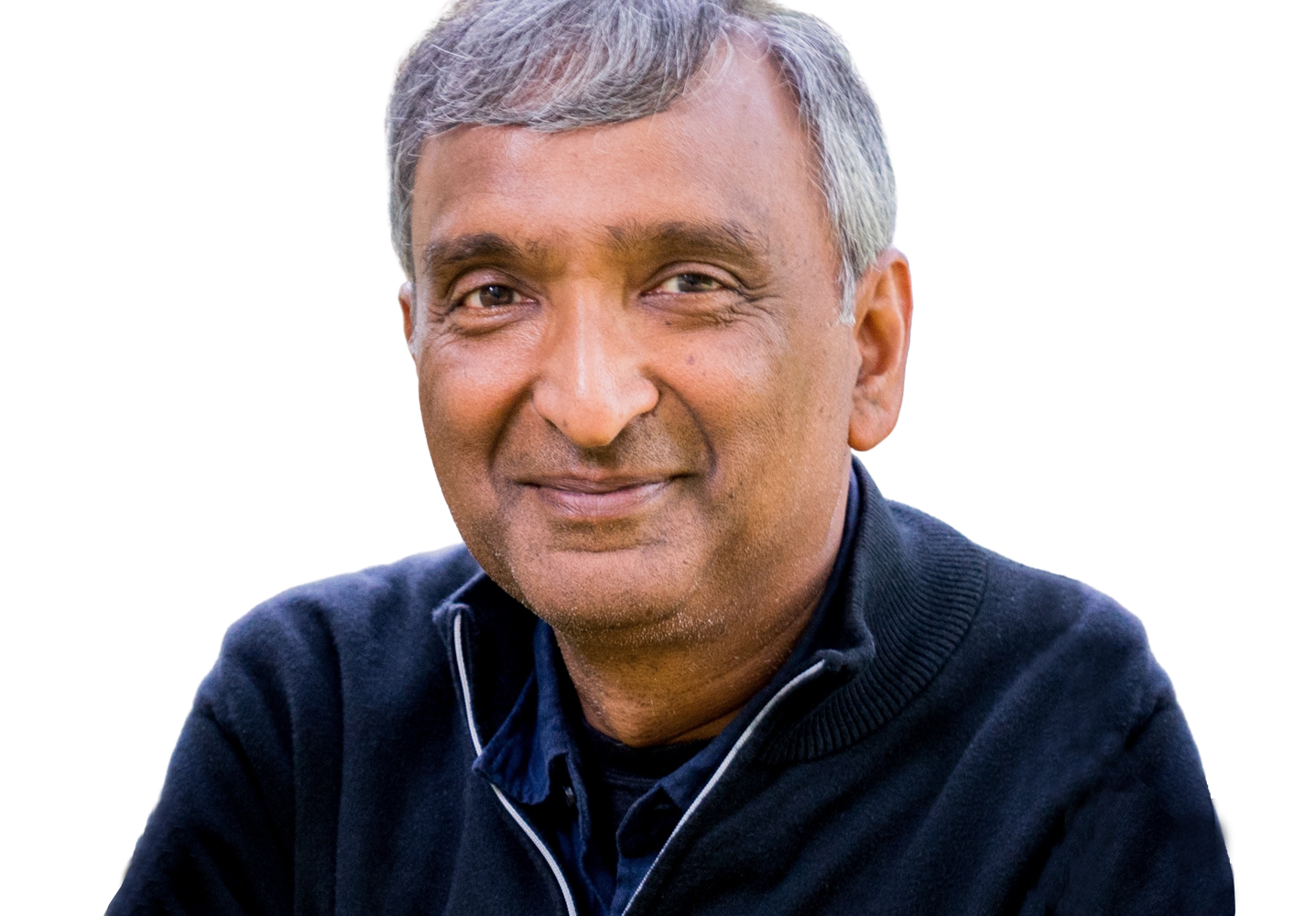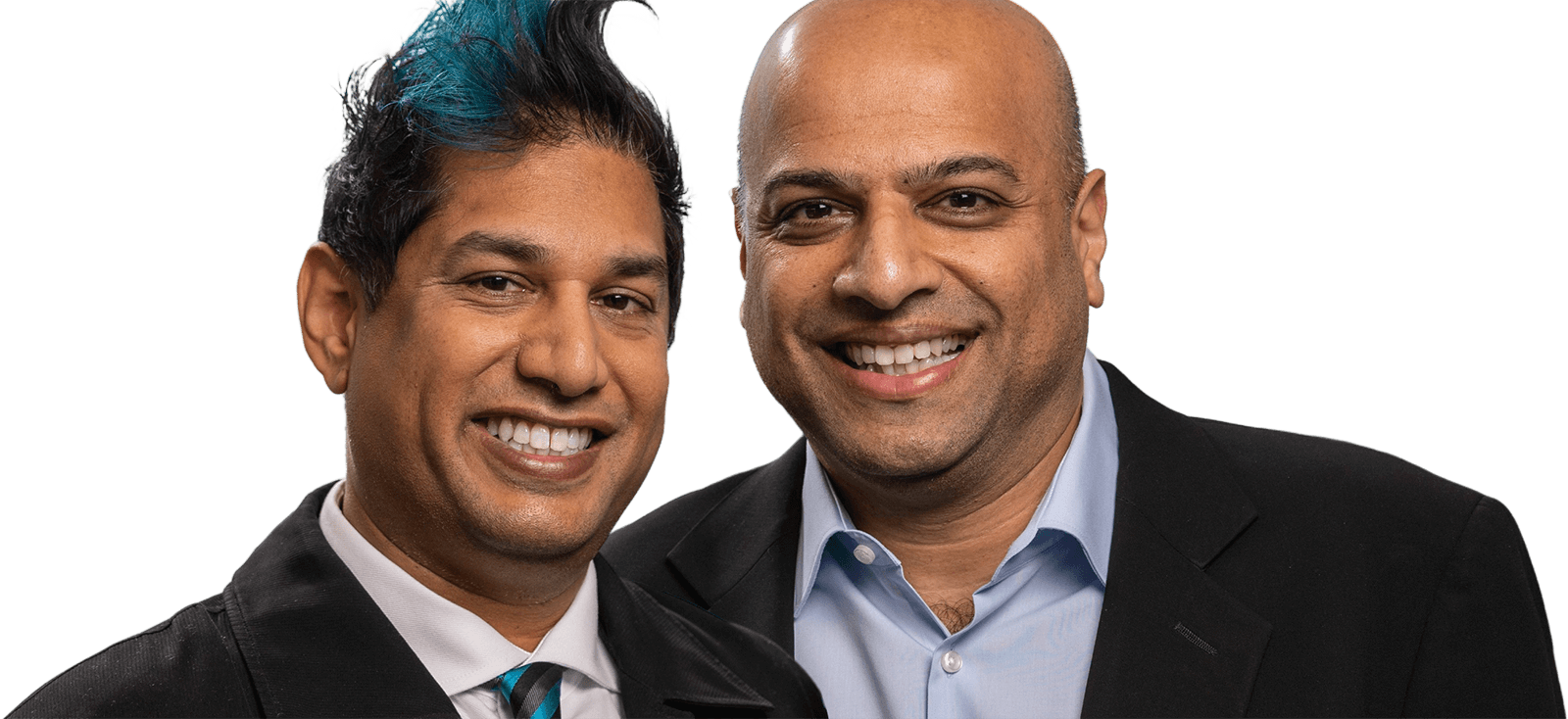What was the problem/the pain point that inspired the creation of Highspot, and why were you the right person to tackle it?
When I took over marketing for one of Microsoft’s major divisions under Satya Nadella, our team was creating tons of content, campaigns, and training. I would often visit our international offices to talk to other teams, asking how everything we were building was helping them become more efficient and effective — but nine times out of 10, they had no idea what I was talking about. The problem became clear to me: So many marketing, sales enablement, and sales training teams around the world build exciting things to help customer-facing teams succeed, but none of it lands, let alone sticks. Seventy percent of all marketing content aimed at sales actually goes completely unused, and BCG estimates that today’s typical sales and marketing efforts could be wasting $2 trillion in excess costs and lost revenue potential.
That was the widespread pain point that my co-founders and I felt firsthand, and the question we asked was: Could technology, new processes, and new approaches increase the performance of those teams? Lo and behold, I think it’s fair to say it can. Sales enablement has since evolved into a multi-billion-dollar category, as companies across industries and geographies rely on it to enable their people. Now in trying economic times, Highspot is helping customers increase the performance of their revenue teams so that they can drive consistent revenue in any environment. The business world at large is recognizing that navigating uncertainty requires investing in technology that enables people to perform at their best. It’s enablement’s time to shine.
There are VC firms, but really it’s about the people in those firms.
What is it like to work with Madrona?
When I started to think about creating a company with my co-founders, I asked around about people I needed to meet — I wanted to know the right people and firms. Everybody in Seattle pointed to Madrona. I knew some of the firms from the Valley, but everyone I talked to brought up Madrona. Not only were they based locally, but they also had an impressive portfolio and great people.
I remember attending a dinner a couple of weeks after I left Microsoft when the idea for Highspot was just beginning to form. Someone I was talking to told me I needed to meet Tim Porter, so they introduced me. From that time on, I started meeting with Tim every two weeks. Tim and I would talk about the product, the customers we could make a difference for, the landscape, and the startup community. We’ve continued to meet regularly over the last decade. Tim has been a wonderful sounding board, especially through the early years, long before we ever needed to raise money. And that is because of the type of person he is and the type of firm Madrona is. There are VC firms, but really it’s about the people in those firms. I’ve built my board based on relationships — it is so beneficial to have people like Tim on your board. The chemistry and the experience of those individuals are fundamental.
Tell us about a Madrona Moment.
When we were raising our Series A, I met with the full contingent at Madrona. Those initial rounds were challenging because it was early days for our category, and people were just learning about the potential of what would soon become known as sales enablement. Madrona was so supportive in that first meeting — they bet on our team and the technology we were building. They were confident we would find the right product-market fit as we pioneered a new category. You don’t find that kind of vision and leadership at every venture capital firm, but those are the VCs you want to work with.
My interactions with Tim Porter stand out to me as well. Tim is the highest integrity kind of businessperson. He is high-energy, fun to work with, and brings a lot of insight to the table. When Tim and I are talking, I never have to wonder about any conflicts of the company versus shareholder interest because Tim is transparent about where he’s coming from, which is absolutely a breath of fresh air. This is a hallmark of Tim, and we’re grateful to have that same dynamic on our board.
What have you learned about yourself during this process?
Adversity is revealing. Over the last few years, I’ve learned lessons of resilience beyond what I’ve ever experienced in my career. People are incredibly adaptable and capable of change — especially when provided support. As a leader, in the face of changes, most of us never imagined, I’ve had to challenge old ways of thinking to invent new solutions that better serve our people and their unique needs inside and outside the workplace. This work is always on, never-ending, and I’m learning more every day. Although it’s difficult, I believe adversity is an opportunity for companies to test their mettle, forge their identity, and discover strengths they didn’t know they had. I’m so proud of how our employees are striving through today and know it will serve us well whatever we face tomorrow.
What is the most important lesson that you have learned during your startup journey?
You just need to keep moving forward. There are going to be some great days, and there are going to be some harder days. Through it all, you must maintain a positive, optimistic outlook and keep doing everything you can to push on. When launching a startup, you really can’t overthink it. You have to confidently believe, even when others may not. There will be problems that may seem insurmountable, but having faith that you will get through it someway, somehow, will take you far.

